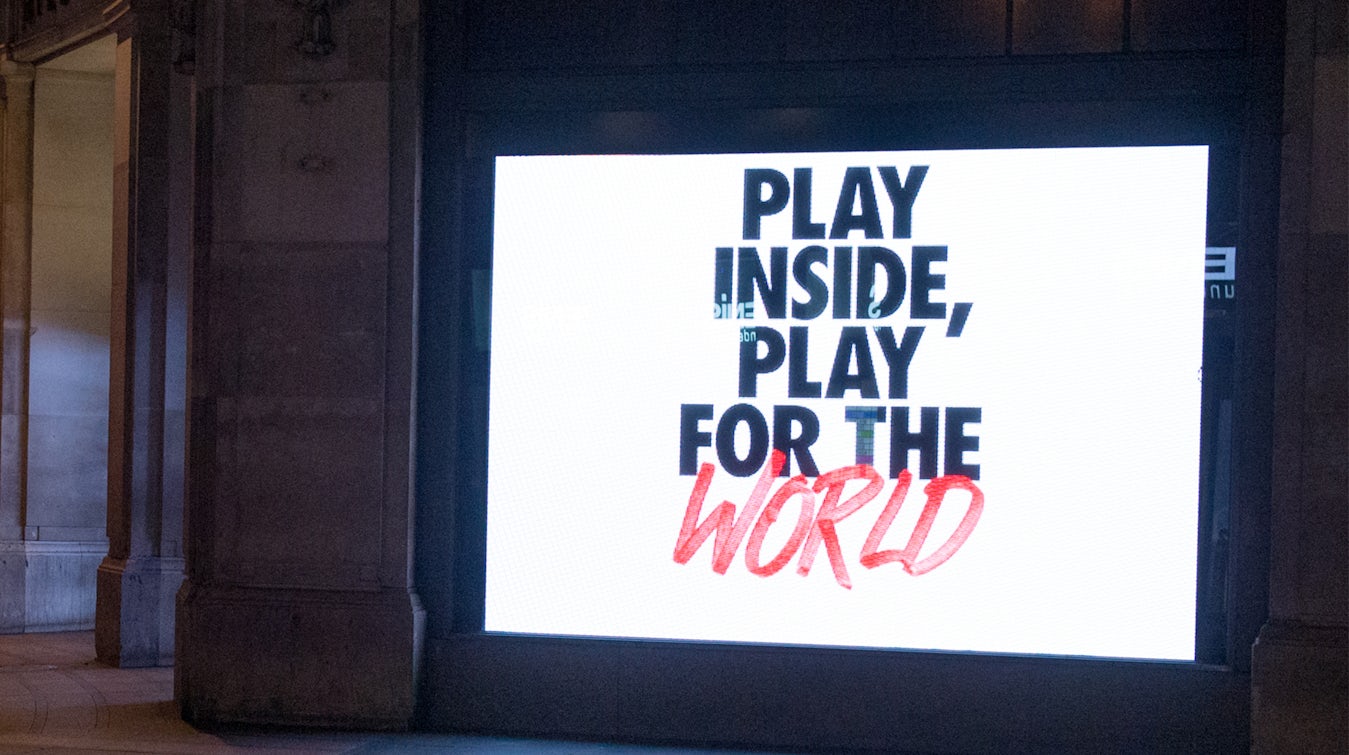What I find strange about this question is the assumption that branding is something you turn on and off, like a light switch; that it’s somehow a conscious decision or undertaking that brands embark on as necessary or when it best serves them. I suspect this is because we’ve long confused the concepts of branding and advertising. They are not the same.
Advertising is what a brand says about itself to consumers. Advertising is a conscious effort on the part of a brand to promote itself, its products and its services. Advertising can be bought and sold. Advertising is transactional.
Branding, on the other hand, is a very different thing. Branding is what others think and say about you. And it’s informed by a wide range of inputs, far beyond what a brand says about itself. More critical is what a brand actually does or doesn’t do. Branding reflects the sum total of every organisational action, set against the backdrop of culture, all of which reveals the true character of a company. Branding cannot be bought or sold. Branding is transformational.
To illustrate the point, look at two recent decisions at the world’s largest sportswear players.
In the face of growing concern about the virus and the emerging need to lock down places of gathering, including retail stores, it was leaked to the media that Adidas Chief Executive Kasper Rorsted emailed his frontline employees on March 16 with the following message:
“We have to keep the company going and open for business to ensure that we can pay our monthly bills and salaries to everyone,” Rorsted wrote. “Closing down is easy, staying open in a healthy environment requires courage, persistence and focus."
They say you can judge your lunch partner’s true character by how they treat the waitstaff. Adidas had just proven the same is true for companies. It’s true character and internal culture were on full display in this brief but telling internal memo to employees.

Almost immediately, someone at Adidas reconsidered the move and twenty-four hours later, the decision was reversed, with the brand opting instead to close all of its stores. It subsequently attempted to sanitise the situation with an advertising message.
Branding is ultimately not what you say but who you choose to be. Choose wisely.
“To our athletes, teammates and friends across the world, your health is what matters most. In support of the worldwide effort to keep our communities safe, our stores will remain closed through March,” read the communication. “Our doors may be closed, but our brand remains open and committed to fostering a spirit of unity and connection around the world. To help us stay connected, you can find us online via adidas.no and the adidas App. This is a tough time — let's look after each other, our families and our communities.”
The problem is, for many, what they perceived to be the underlying character of Adidas had already been revealed and they had formed their own judgements about a company that was seemingly willing to put its own frontline workers in harm’s way to move another pair of shoes.
Nike took a very different approach. A day earlier, on March 15, Nike announced that it would close all stores in the US, Canada, Western Europe, Australia, and New Zealand until at least March 27. This after the athletic company had already shuttered its corporate headquarters in Beaverton, Oregon, and mandated that employees work from home. Furthermore, the brand informed employees that they would be compensated through the duration of the closures.
Six days later, the brand launched a series of communications to the public. The message was not an encouragement to buy Nike’s products or patronse its websites, but rather an emotionally charged plea to its brand community to adhere to social distancing guidelines, a message that rang even more true in light of the company’s own policies.
This is branding. And the difference matters now more than ever because when the Covid-19 crisis eventually ends, consumers won’t begin searching for brands they hope they can trust. They will choose brands they already believe they can trust based on previously observed actions. They won’t seek out new communities of affiliation but turn to those in which they already have faith and already know align with their social, political and spiritual world views.
So, the time to focus on branding is not before Covid-19 or after Covid-19 or any other future crisis. Your company is already branding itself every minute of every day through every decision it makes. Branding is ultimately not what you say but who you choose to be. Choose wisely.

No comments:
Post a Comment